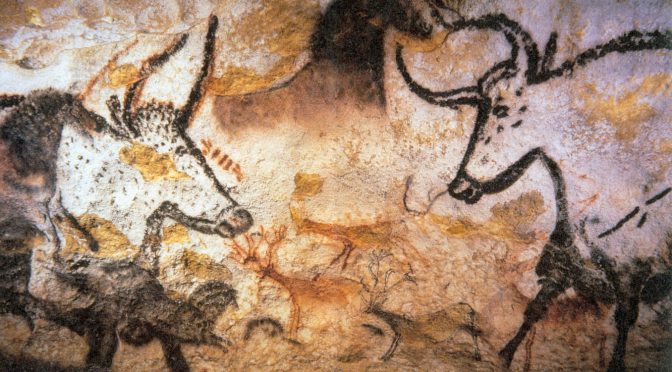(I hate that I have to say this, but this is a fictional account of the history of a fictional world. I do not believe these things, nor should you, as I am making them up. If I receive any comments that I did not do my research into these events, you will be mocked.)
In the Agent of Argyre series of books, there is an organization called the Alter Control Task Force. Though ostensibly an organization for policing activities of the Alter race, an attempt to prevent an eventual race war, they are actually representatives of a city-state on the ocean: The Republic of Argyre.
The Republic of Argyre, an artificial island anchored to an oceanic ridge in the pacific, is a city-state established by Alters for the sake of harboring their kind and establishing a relationship with the mainstream human population. Despite being an artificial island and attached to no primary landmass, the city’s structure is capable of potentially supporting all 12 to 15 million active Alters on the planet.
How did a race of people who’ve lived in hiding for centuries manage to construct such a city? Why would they build their city in the middle of the ocean? Where did they get the resources for such a task? In the Alterpedia Historia, we will answer these questions and discover the history of the Alters. Today we address… Continue reading Alterpedia Historia: Fangtowns













